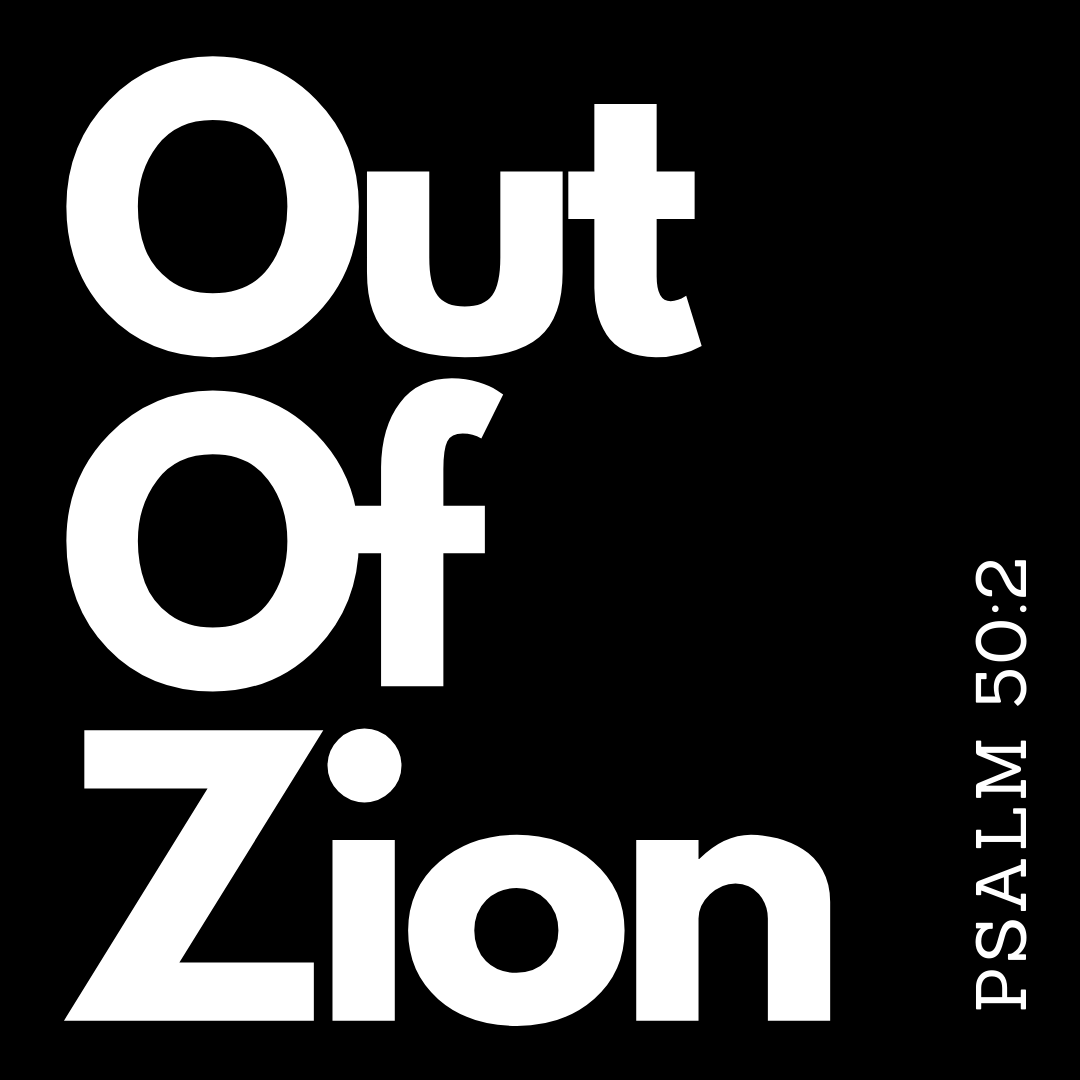As the Revelation, wisdom, knowledge and understandings of the kingdom takes precedence, our understanding of “koinonia” the way in which citizens collaborate together must also take on new meaning.
Continue to listen or read this article below.
Entrance into the kingdom of God requires the new testament citizen to participate in three significant acts; First repentance, second baptism and third communion.
The first establishes the new birth and the sovereignty of Christ, the second is an outward declaration of Christ’s Lordship to all, the third is an ongoing commitment to Christ and the mandate to live out the commonwealth of his kingdom.
Whilst repentance and baptism forms the basis of our rights of passage INTO THE KINGDOM the communion was established as a memorial by the Lord to his birth, life, death, resurrection and ascension and reflects our mandate to LIVE OUT THE KINGDOM.
The word koinonia constitutes the spirit of comradeship in which all of the above are forged.
Koinonia {coy NO nyah) is a transliterated form of the Greek ???????? and means communion, joint participation; the share which one has in anything, participation, a gift jointly contributed, a collection, a contribution.
Koinonia finds expression through our unwavering loyalty to Christ our King and is summed up in Romans chapter 6 which states since we have been united in his death so also we should participate in his resurrection.
Koinonia further extends itself in the state of fellowship and unity that exists within the Ekklesia, the body of Christ as we participate in the redemptive purpose and work of the kingdom. 1st Corinthians 12:26
At the heart of the koinonia constitutes the standard upon which every word and deed are measured. This standard is the measure of whether or not real koinonia is taking place.
Taking this into account we can with fresh insight see our Lord inviting the disciples into koinonia or joint participation with him throughout his ministry.
From learning, preaching, teaching, baptizing, healing and miracles the disciples were encouraged to co-labour with the Lord in the spirit of koinonia the spirit of comradeship.
The only question ever raised was one of loyalty unto death. A requirement of all or nothing that raised indifference, resistance and hardness of hearts causing many to depart. Read John 6:22-70
This theology of “all or nothing” never changed and remained the one condition of participating in the koinonia of the kingdom. On many occasions, the Lord poignantly stressed this. Read Matthew 10:37, 10:33, Mark 8:34, Luke 9:62.
Nonetheless, the high price did not come without a King's reward in return for such obedience. Read Matthew 19:29. And if that were not enough the assurance of the sufficiency of our King to also address our inadequacy.
Both the accounts of the last supper and the garden of Gethsemane provide examples of how man’s impoverished state is swallowed up in the sufficiency of Christ’s provision.
The evidence of this can be found in the resistance to Jesus washing of feet, the disclosure of betrayal and the inability to remain awake during the hour of his despair. Such is the disciples poverty that they flee to preserve themselves and Peter rejects even the notion of association with the Master in whom he has served.
Though not unto death, Peter's denial of Christ reveals the condition of man's will power to inadequately perform what he has promised and lends itself to why Jesus requires all or nothing as he cannot dwell with luke warmness. Read Mark 14:66-72, Revelations 3:16
Not to be undone the account testifies to the quality of our Lord's koinonia which surpasses the insufficiency of men. Knowing who should betray him and that all will flee, our Lord presses on determined to enact the communion in order to establish the kingdom life he has promised to share.
Only he can meet the requirements and so endures through prayer the pressure of the trials to constitute the new covenant through the shedding of blood and giving of his body. Outside he is rejected, denied and scorned, inside he forgives, petitions and lifts up.
Despite their failures, the disciples having been sealed in the covenant through the last supper and are being blessed with the promise of new birth which will open the floodgates of his koinonia through their souls.
Although weak to pass the test and insufficient to share in his sufferings our Lord has already made provisions for the disciples failures and has petitioned for those committed to him.
Though the disciples had not been able to grasp the principle of “all or nothing” they learn it the hard way when Peter faces yet again the call to respond to the koinonia. Twice Peter is asked whether he will love the Lord sacrificially “agape” and twice Peter confesses his inability to meet such a request with brotherly love “phileo” instead.
He fails to understand that for him to participate in Christ’s koinonia he must admit to having nothing so that he can receive everything.
Finally confessing his insufficiency the Lord promises that he would be capable of reciprocating the “agape” love following his ascension. An act which would ignite their regeneration and pour out the koinonia, the commonwealth promised for all men. Read Acts 1-2:42-45


